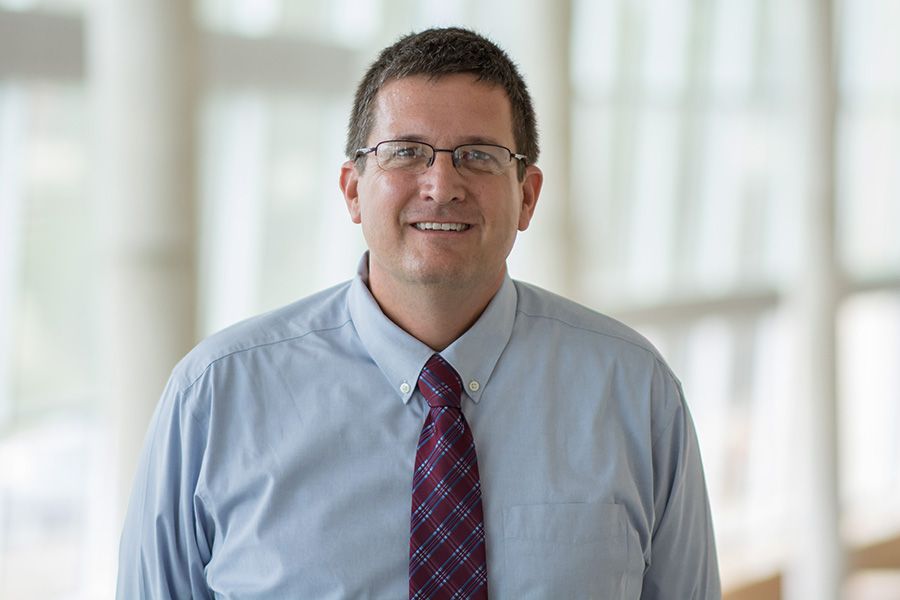University Center for Excellence in Developmental Disabilities

A University Center for Excellence in Developmental Disabilities Education, Research and Service focuses on programs and resources to assist individuals with disabilities so they may participate fully in their communities.
In 1968, the Munroe-Meyer Institute was designated as a University Center for Excellence in Developmental Disabilities. That designation is maintained today through the U.S. Department of Health and Human Services' Administration on Community Living.
- In 1963, President John F. Kennedy signed an Act into law, creating 19 university-based centers focused on intellectual disability research.
- Eventually, the current Developmental Disabilities Assistance and Bill of Rights Act (DD Act) saw that individuals with developmental disabilities and their families had access to needed community services, individualized supports and other forms of assistance to promote self-determination, independence, productivity and integration in all parts of the community life. The DD Act authorizes the UCEDDs as part of the Developmental Disabilities Network.
- Visit the Association of University Centers on Disability website to learn more about UCEDDs.
UCEDD Activities, Resources and Supports
Explore activities offered through Nebraska's UCEDD at Munroe-Meyer Institute.
Nebraska's UCEDD
UNMC's Munroe-Meyer Institute has been the only location of Nebraska's University Center for Excellence in Developmental Disabilities.
Nebraska's UCEDD at UNMC's Munroe-Meyer Institute is one of 68 national programs across the United States and its territories uniquely affiliated with universities or medical centers, allowing them to serve as a bridge between academia and the community.
UCEDDs are independent but interlinked centers that provide supports for families and represent an expansive national resource for the promotion of independence, self-determination, productivity, and integration of individuals with developmental disabilities.
Each UCEDD is a member of the Association of University Centers on Disability, the organization that supports and promotes the national network of UCEDDs.
- AUCD and network members promote the quality of life, health and well-being of people with disabilities.
- AUCD envisions a future in which all people, including those living with developmental and other disability, are fully included, participating members of their communities.
- AUCD values the view that disability is a natural part of the human experience across all ages, cultures and identities.
Learn more about the Association of University Centers on Disability
Program Funding
The Developmental Disabilities Network is supported by the Administration of Disabilities, which is under the Administration for Community Living within the U.S. Department of Health and Human Services.- The Administration of Disabilities includes the Administration on Intellectual and Developmental Disabilities.
- The Administration on Intellectual and Developmental Disabilities grants funding for the establishment of UCEDDs in every U.S. state and territory.
- By administering these programs, the Administration on Intellectual and Developmental Disabilities shows its commitment to ensuring that people with disabilities have opportunities to make their own choices, contribute to their communities and have the support they need to live independently and free of abuse, neglect and exploitation.
- Through funding UCEDDs, the Administration on Intellectual and Developmental Disabilities helps connect the academic world and the communities they serve.


Training Opportunities
Postsecondary education and pre-vocational career training programs at MMI offer exciting learning possibilities for young adult students with intellectual and developmental disabilities.